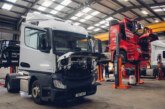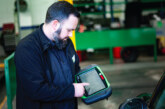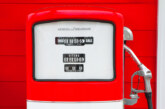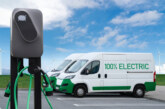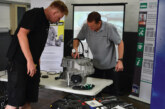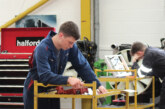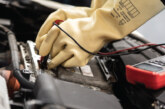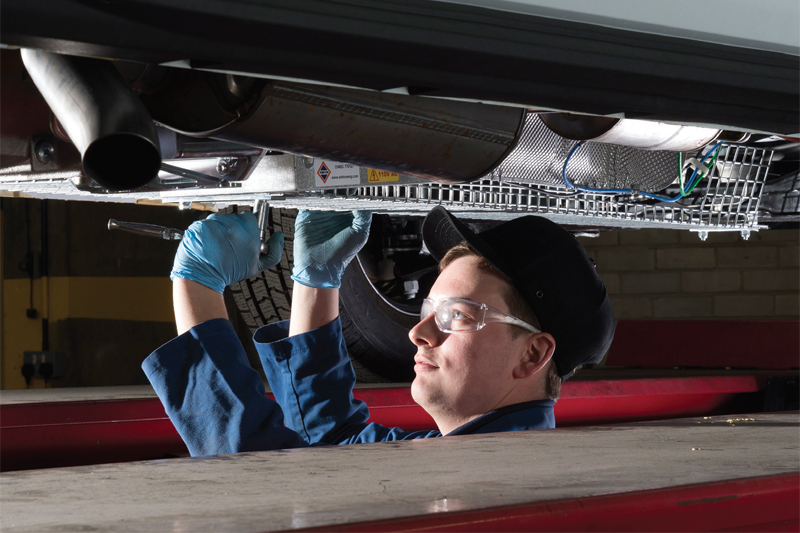
According to recent research, having a single vehicle off the road costs one in three small businesses as much as £500 a day. So, how can mobile operators most efficiently save their customers from incurring such high costs? Having the correct technology is a crucial step. Andy Jones, Managing Director at Winton, explains.
In order to keep vehicles on the road and minimise downtime, many transport operators rely on mobile maintenance, especially in relation to tyre repair. This allows the technician to take the correct equipment to wherever the stranded vehicle is located and rectify many issues on the same day. This reduces downtime and potentially saves large sums of money for the transport operator.
However, the efficiency of these mobile units can vary depending on the equipment used. When it comes to reliable mobile power solutions, on-vehicle power systems deliver a multitude of advantages. FWD and RWD engine-mounted on-vehicle compressor systems are perfect for mobile maintenance, tyre fitting, and fleet support, as are driveline PTO compressor and generator systems. Winton’s solutions use Mattei rotary vane compressors in the design, resulting in the crucial reduction of fuel consumption.
For a compressor to operate efficiently, the internal air leakage paths must be kept to an absolute minimum, because air lost during compression results in lost energy. If internal leakages are low, the volumetric efficiency is increased, and the power required for a measured unit of delivered air is reduced.
A rotary vane compressor is made up of a rotor with longitudinal slots, which house individual sliding vanes. The rotor is offset within a stator (a cylinder), in which it rotates on maintenance-free white metal bushes. While the rotor turns on its axis, the vanes are pushed against the stator wall by centrifugal force, and the air is compressed.
Because their design results in minimal internal air leakage, vane compressors are volumetrically more efficient than screw compressors. The vanes move freely in their slots, but are always in contact with the internal surface of the stator (albeit not directly, due to lubrication), so the air seal is near-perfect.
Solutions that use rotary vane compressors in the design can reduce the load required by up to 20% compared with other types of compressors, which deliver a fuel saving of up to 10%. Small and compact, these compressors are ideal for mobile tyre fitting operators, delivering pressures of up to 13 bar.
The technician could of course carry a separate compressor or generator in the back of their van, but this takes up valuable space and can be hazardous if it’s not properly secured. They will also need to ensure a fuel or power source is available wherever the customer’s vehicle is located, which can be difficult if it’s on the side of a road. On-vehicle power eliminates these inconveniences, thus ensuring downtime is kept to a minimum.
By choosing on-vehicle power for their mobile maintenance units, transport operators can benefit from reduced downtime, lower fuel usage, greater efficiency and complete reliability. No matter what the size of the business, these systems present a flexible solution that can improve operations, and help mobile maintenance teams complete jobs to the highest possible standard.
Winton’s on-vehicle power systems can include a compressor, generator, inverter and/or hydraulic power, alongside a range of ancillary equipment, including racking and workbenches, external light bars and work lights. They can be fitted to a wide range of commercial vehicles, from light commercial vehicles to 26 tonne lorries.

